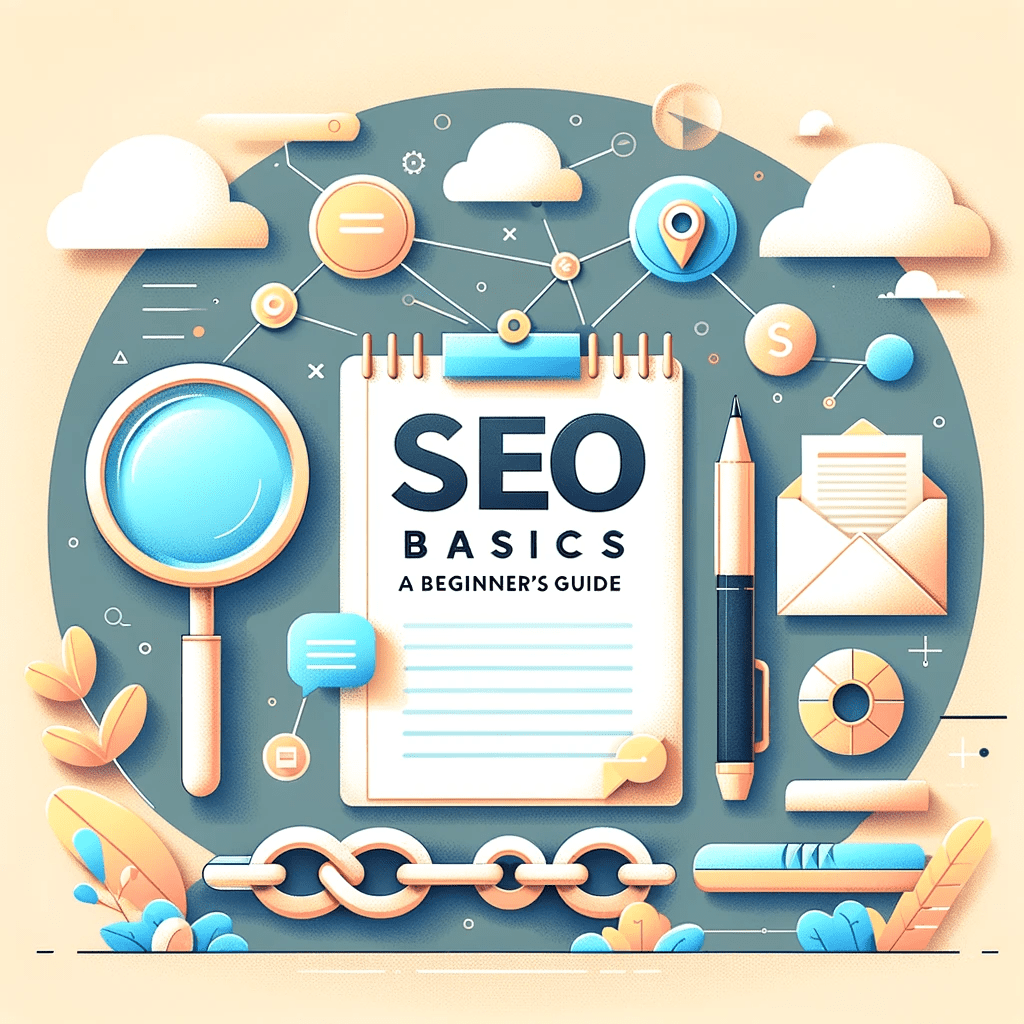SEO Basics: A Beginner's Guide
Welcome to the world of Search Engine Optimisation (SEO)! If you’re a complete beginner looking to understand the basics of SEO and how you can implement strategies to improve your website’s visibility on search engines, you’re in the right place. SEO can be a complex subject, and somewhat intimidating for complete beginners, but at its core, it can be broken down into three key areas: Content, Technical aspects, and Backlinks. Let’s dive into each of these and uncover how you can begin your journey to better SEO!
1. Content: Answering the Web’s Queries
At the heart of SEO is content. Content is essentially about providing valuable and relevant answers to the questions and needs of internet users. When people enter a query into a search engine, they’re looking for specific, helpful, and accurate information. Here’s how you can optimise your content:
- Keyword Research: Understand what your target audience is searching for. Use tools such as Semrush keyword magic tool and Google Ads Keyword Planner to find keywords that are relevant to your content and have a good balance of search volume and competition. Ideally, you’re looking for keywords with high volume and low competition.
- Quality and Relevance: Write high-quality content that addresses the needs of your audience. Ensure that it is informative, engaging, and answers the questions implied by the keywords you’re targeting. This is the key to ranking high on search engines; particularly Google where their main goal is to provide users with the most useful content they can.
- Structure and Clarity: Organise your content well, using headings, subheadings, bullets, and paragraphs to make the information easy to digest. A well-structured article helps search engines understand your content better.
2. Technical SEO: Ensuring Accessibility and Smooth Operation
Technical SEO is all about the behind-the-scenes aspects that affect how search engine crawlers and users navigate your site. It’s crucial because no matter how good your content is, if search engines can’t find, crawl, and index your pages, you won’t rank. Additionally, your content could be great but if users have a hard time finding it or navigating around the site, they will quickly close your website and look for an alternative that is easier to use. Consider the following:
- Website Structure: Ensure your website has a clear, logical structure. Use a simple, efficient navigation system that allows both users and crawlers to find content quickly. You should follow general design rules of how website are made. This way, users will find things in places they expect, such as the menu at the top of the page.
- Mobile Optimisation: With the increasing use of mobile devices, ensure your site is mobile-friendly. This means fast loading times, responsive design, and accessible navigation.
- Speed and Performance: Optimise your website’s loading speed by compressing images, leveraging browser caching, and minimising the use of heavy scripts.
- Crawlability and Indexing: Make sure that search engines can crawl your site effectively. Use a robots.txt file to guide crawlers and a sitemap to list all your pages. Another tip is to link pages together using internal linking. This helps users and crawlers find relevant content more easily.
3. Backlinks: Earning Trust Through References
Link building is a crucial aspect of SEO. When other reputable websites link back to your site, they essentially vouch for the quality of your content. This external validation tells search engines that your site is a valuable resource, which can significantly boost your rankings. Here are a few tips for building backlinks:
- Create Shareable Content: The more valuable and engaging your content is, the more likely others are to link to it naturally.
- Guest Blogging: Write articles for other blogs in your industry. This can help you gain exposure and backlinks from other reputable sites.
- Reach Out: Don’t hesitate to reach out to peers and influencers in your field to share your content. If they find it valuable, they might link back to it.
SEO is a multifaceted and dynamic field, but understanding these three core elements — Content, Technical SEO, and Backlinks — provides a strong foundation for improving your site’s search engine rankings. Remember, SEO is a long-term strategy. Consistency, patience, and continuous learning are key to your success. Start implementing these practices today, and watch your website’s performance improve over time!
Ready to elevate your website’s visibility and drive more traffic? Let’s embark on your SEO journey together! With my comprehensive SEO services, I’ll help you create captivating content, optimize the technical aspects of your site, and build valuable backlinks. Don’t miss out on the potential of your online presence. Contact me today to discuss how we can tailor a winning SEO strategy specifically for your business’s needs and goals. Your journey to the top of the search rankings starts here!

